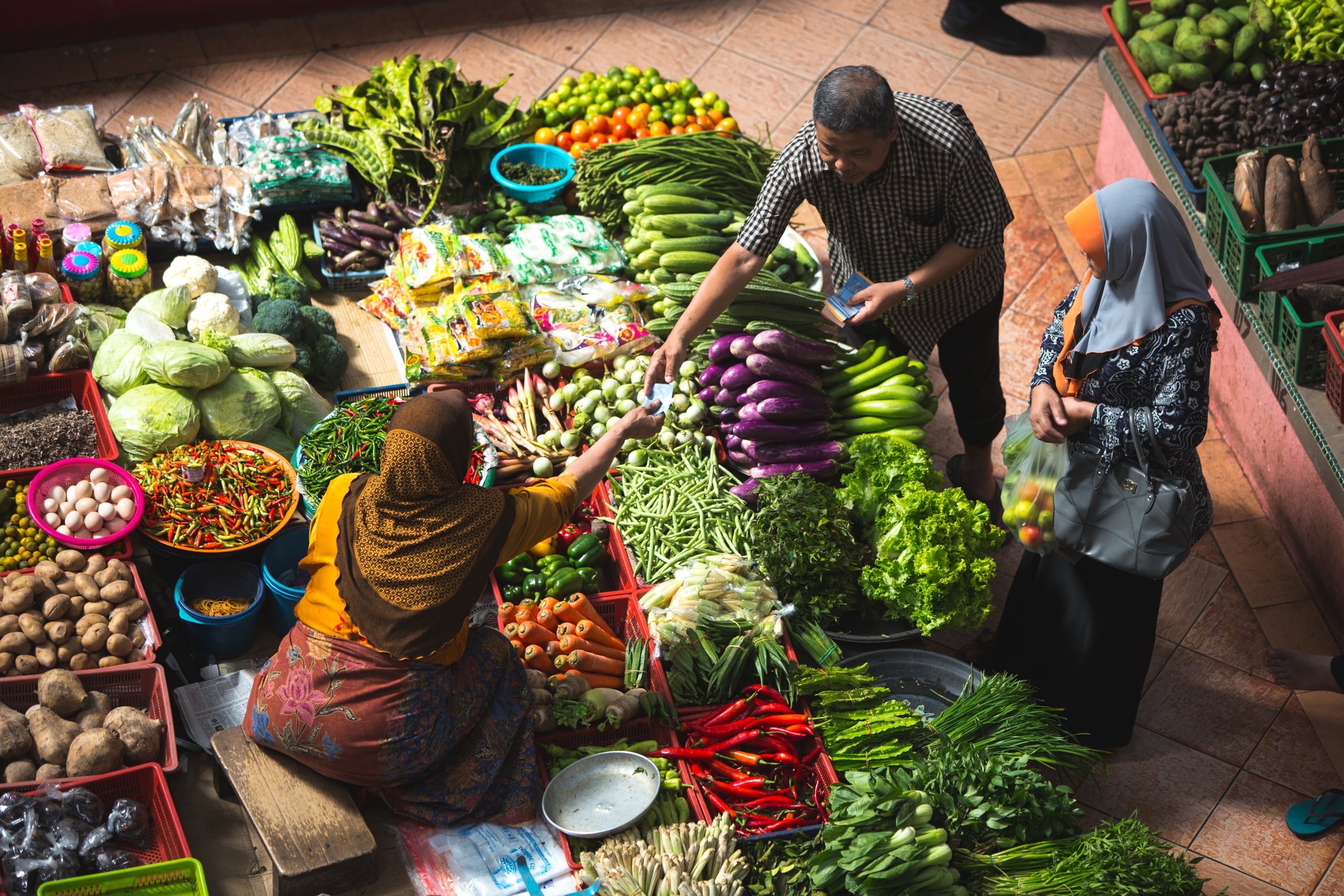
Food and Agriculture
The negative effects of climate change on agricultural production and livelihoods of farmers, foresters and fisher folk are already being felt in many places. Agriculture and food are closely tied to culture, heritage, and traditional livelihood, as well as to nature cycles, seasonality, local consumption, and gastronomy and traditional cooking. At the same time, agriculture production, especially at industrial scales, contribute to climate change due to their emissions of greenhouse gases.
Attention to agricultural, gastronomical and food heritage and traditional agricultural knowledge and craft know-how can help ensure sustainable food production, decarbonise agriculture, reduce chemical pesticides, save water, and promote greater animal welfare. Marrying circular economy models with traditional land, water, agricultural, and forest management systems supports sustainable fishing, agriculture, and rural development. Traditional seeds and breeds are part of people’s cultural capital, enhance agricultural biodiversity, and support the sovereignty of Indigenous Peoples and local communities. Centring agroecology principles and respect for the diverse knowledge systems of Indigenous Peoples in climate and agriculture policy would help accomplish these objectives.
Incorporating peoples’ cultural traditions and preferences and attention to the benefits of traditional diets deliver additional co-benefits in the form of greater food security, nutrition, and public health, while enhancing the cultural identity and continuity of local communities.
Climate Heritage Policy Priorities: Promote agroecology with its inherent concern for cultural practice and traditional knowledge as a pillar of climate action. Engage with the UNFCCC’s Koronivia Joint Work on Agriculture (KJWA) recognizes the role of agriculture in tackling climate change. The FAO’s Globally Important Agricultural Heritage Systems (GIAHS) is another key entry point.
Supporting agroecology and building a connection to the UN’s Globally Important Agricultural Heritage Systems.
Food and Agriculture Issue Lead
Arq Angélica Arias
Instituto Metropolitano de Patrimonio de Quito
Quito, Ecuador








